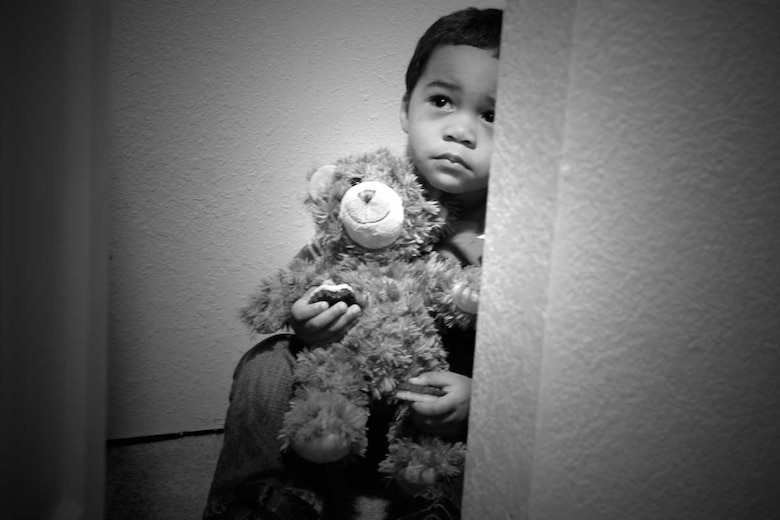Tuesday, August 27, 2019
NEW RULES - CHILD CUSTODY/VISITATION AND ABUSERS
Paragraph (b) of subdivision 1-c of section 240 of the domestic relations law and subdivision (a) of section 651 of the family court act have been amended to establish a rebuttable presumption that it is not in the best interests of a child to be placed in the custody of or to have unsupervised visits with a person who has been convicted of one or more delineated felony sex offenses where the victim of such offense or offenses is the child who is the subject of the proceeding seeking custody or unsupervised visitation.
The legislation was signed on August 22 and takes effect immediately. According to the bill (S2836C/A4784C):
"Approximately 3 million cases of child abuse and neglect involving almost 5.5 million children are reported each year. The majority of cases reported to Child Protective Services involve neglect, followed by physical and sexual abuse. There is considerable overlap among children who are abused, with many suffering a combination of physical abuse, sexual abuse, and/or neglect.
Sexual abuse is any sexual activity that a child cannot understand or consent to. It includes acts such as fondling, oral-genital contact, and genital and anal intercourse. It also includes exhibitionism, voyeurism, and exposure to pornography. Studies have suggested that up to one in four girls and one in eight boys will be sexually abused before they are eighteen years old. Most child abuse occurs within the family. Risk factors include parental depression or other mental health issues, a parental history of childhood abuse, and domestic violence.
In most cases, children who are abused or neglected suffer greater mental health than physical health damage. Emotional and psychological abuse and neglect deny the child the tools needed to cope with stress, and to learn new skills to become resilient, strong, and successful. So a child who is maltreated or neglected may have a wide range of reactions and may even become depressed or develop suicidal, withdrawn, or violent behavior. As the child victim get older, he or she may use drugs or alcohol, try to run away, refuse discipline, or abuse others.
As an adult, he or she may develop marital and sexual difficulties, depression, or suicidal behavior.
Not all children who are abused have severe reactions. Usually the younger the child, the longer the abuse continues, and the closer the child's relationship with the abuser, the more serious the mental health effects will be."
Labels:
abuse,
child custody,
child visitation,
supervised visitation
Subscribe to:
Post Comments (Atom)








No comments:
Post a Comment
Note: Only a member of this blog may post a comment.